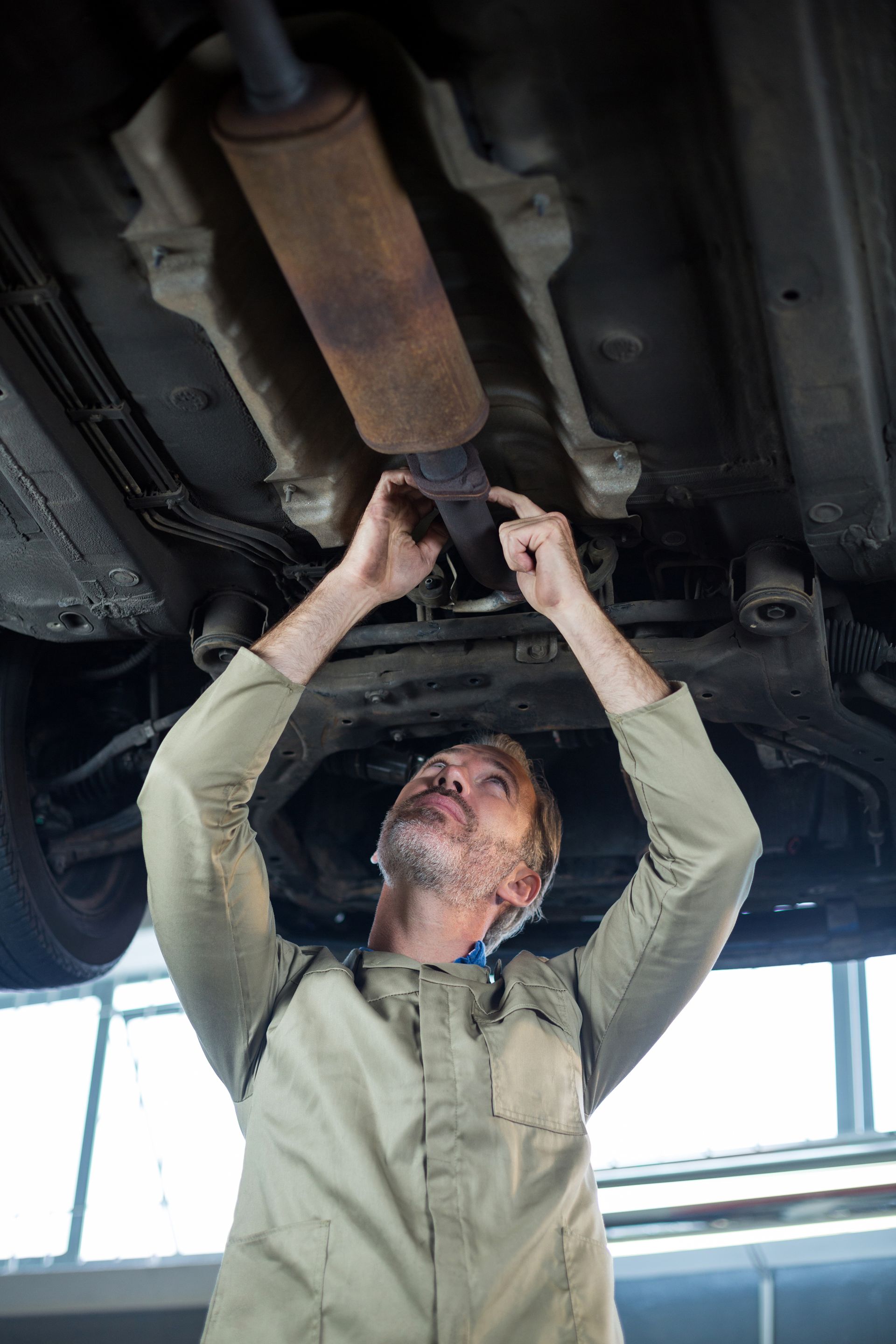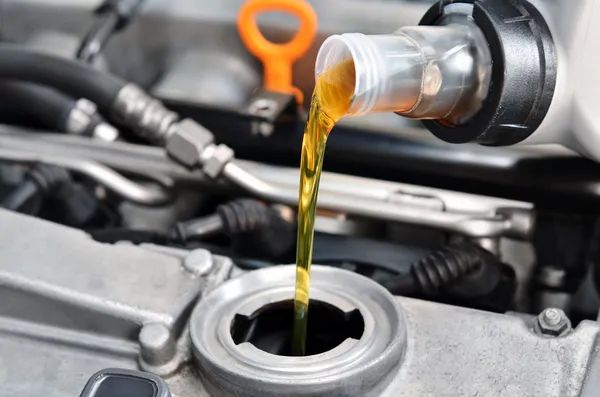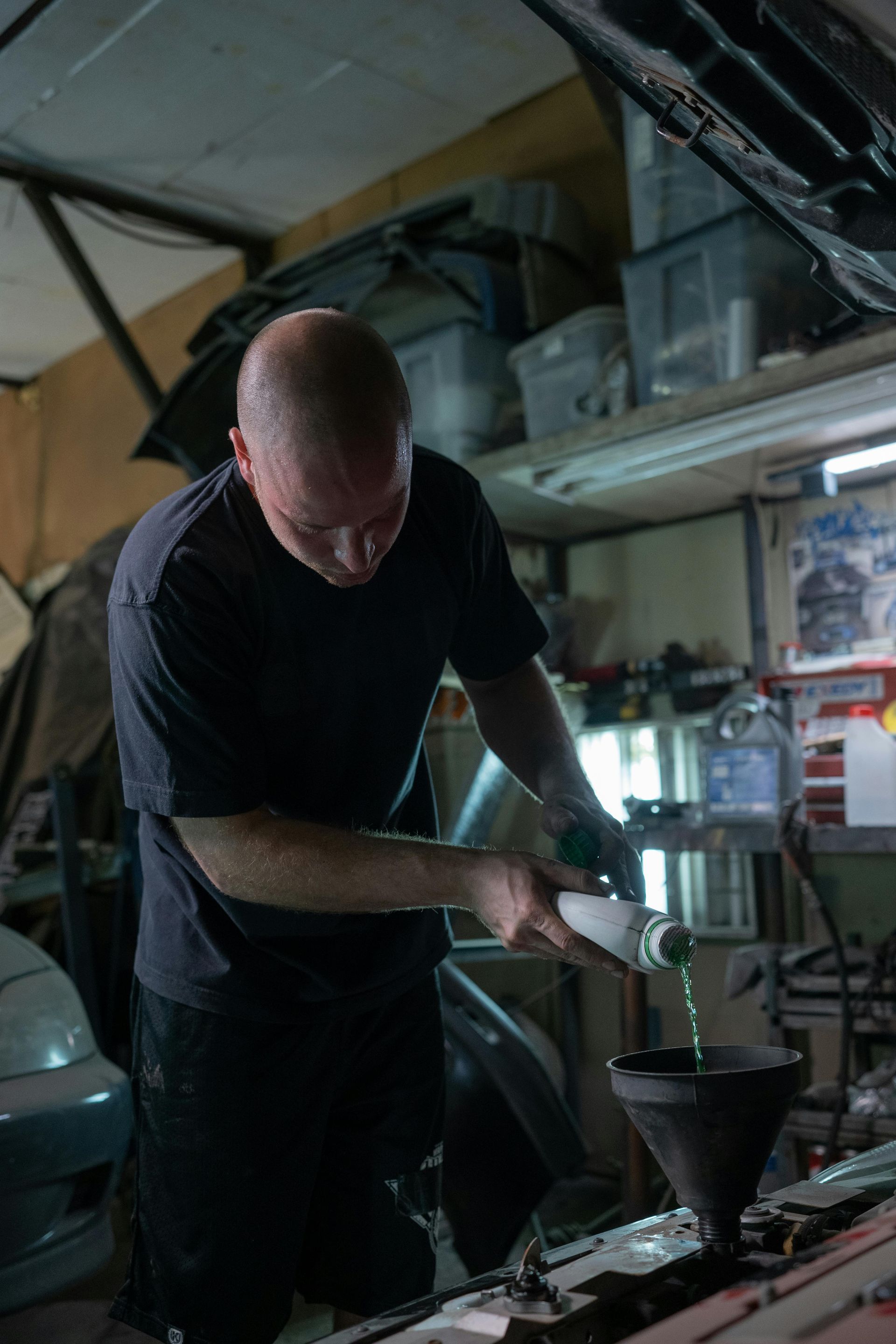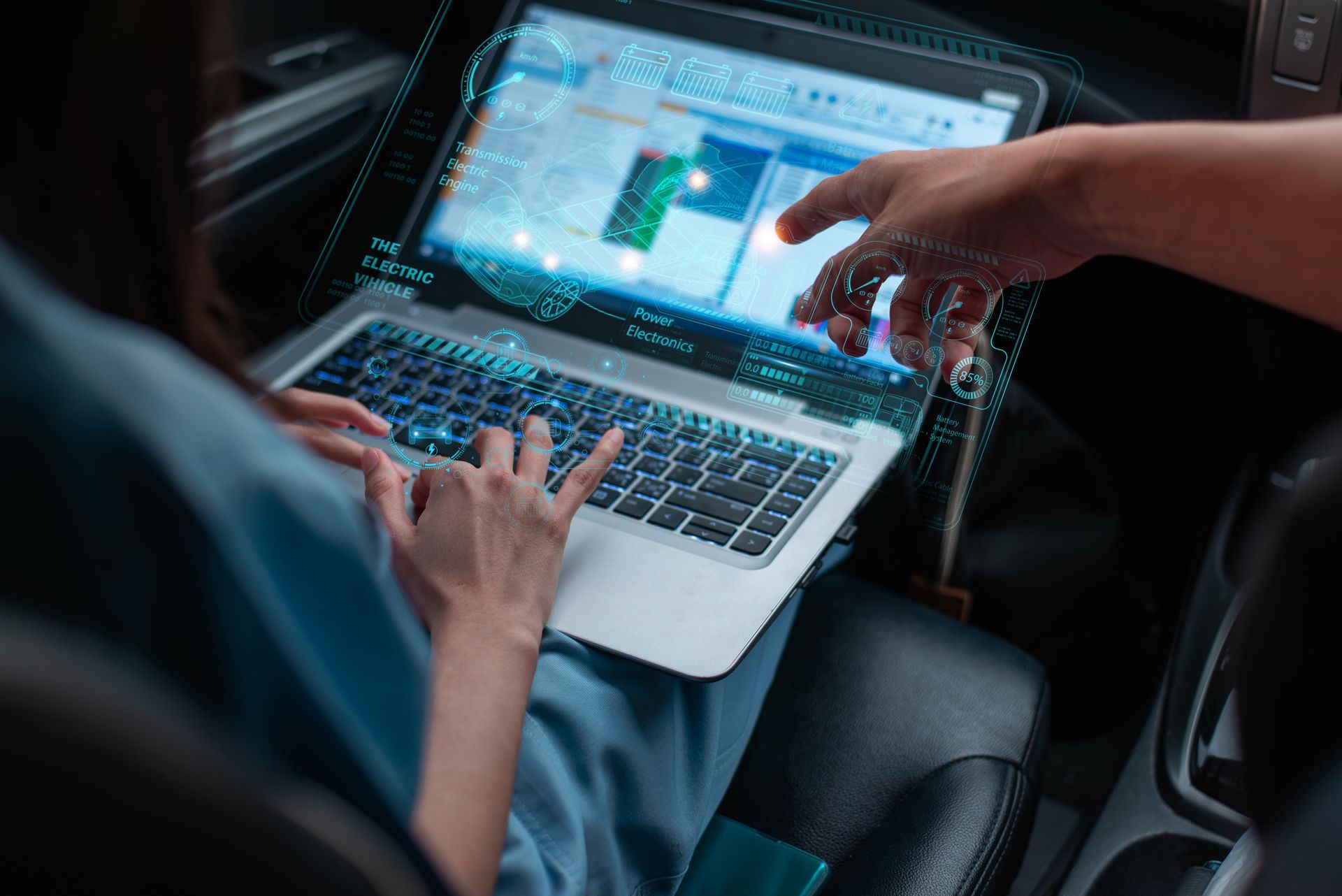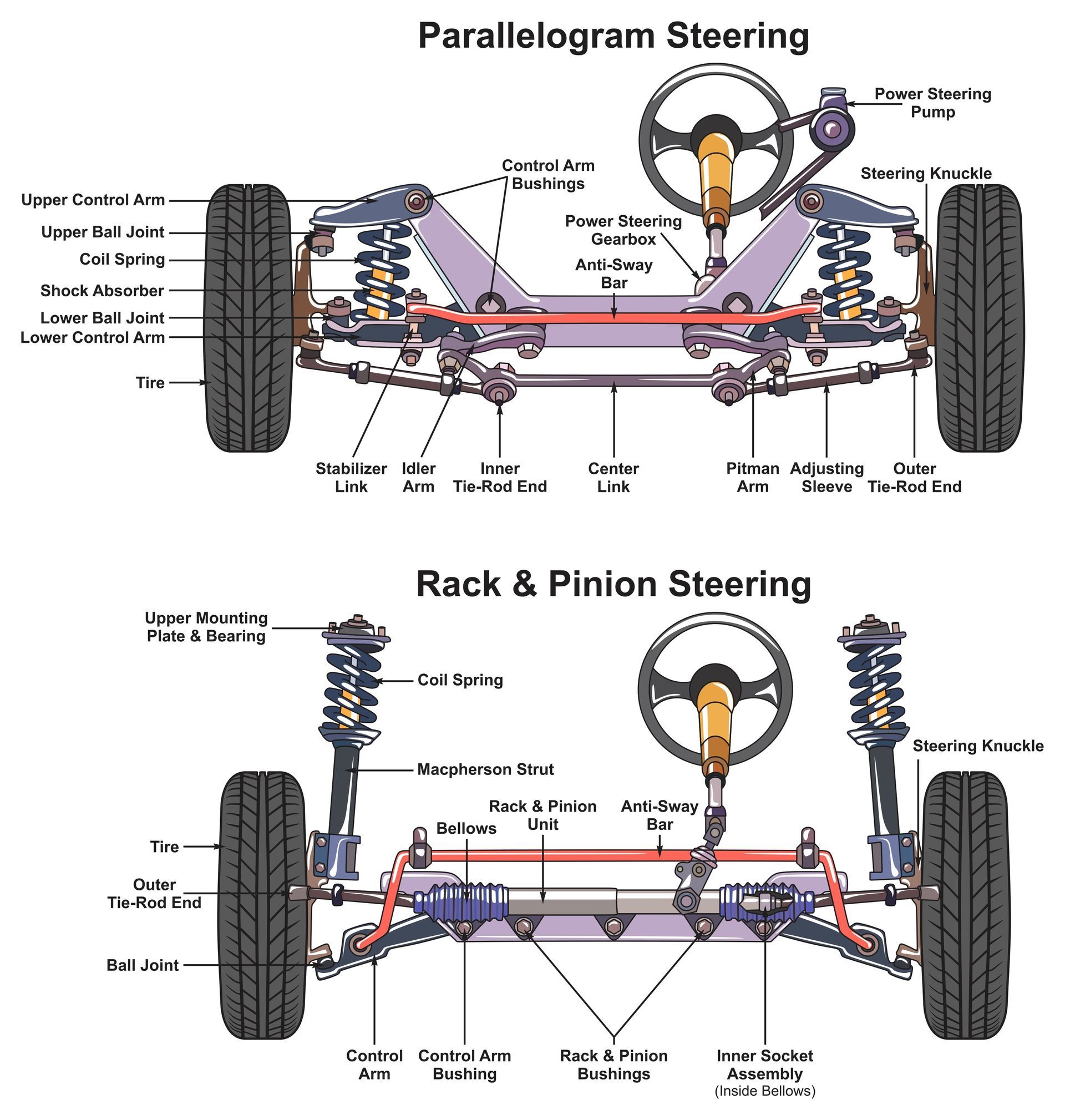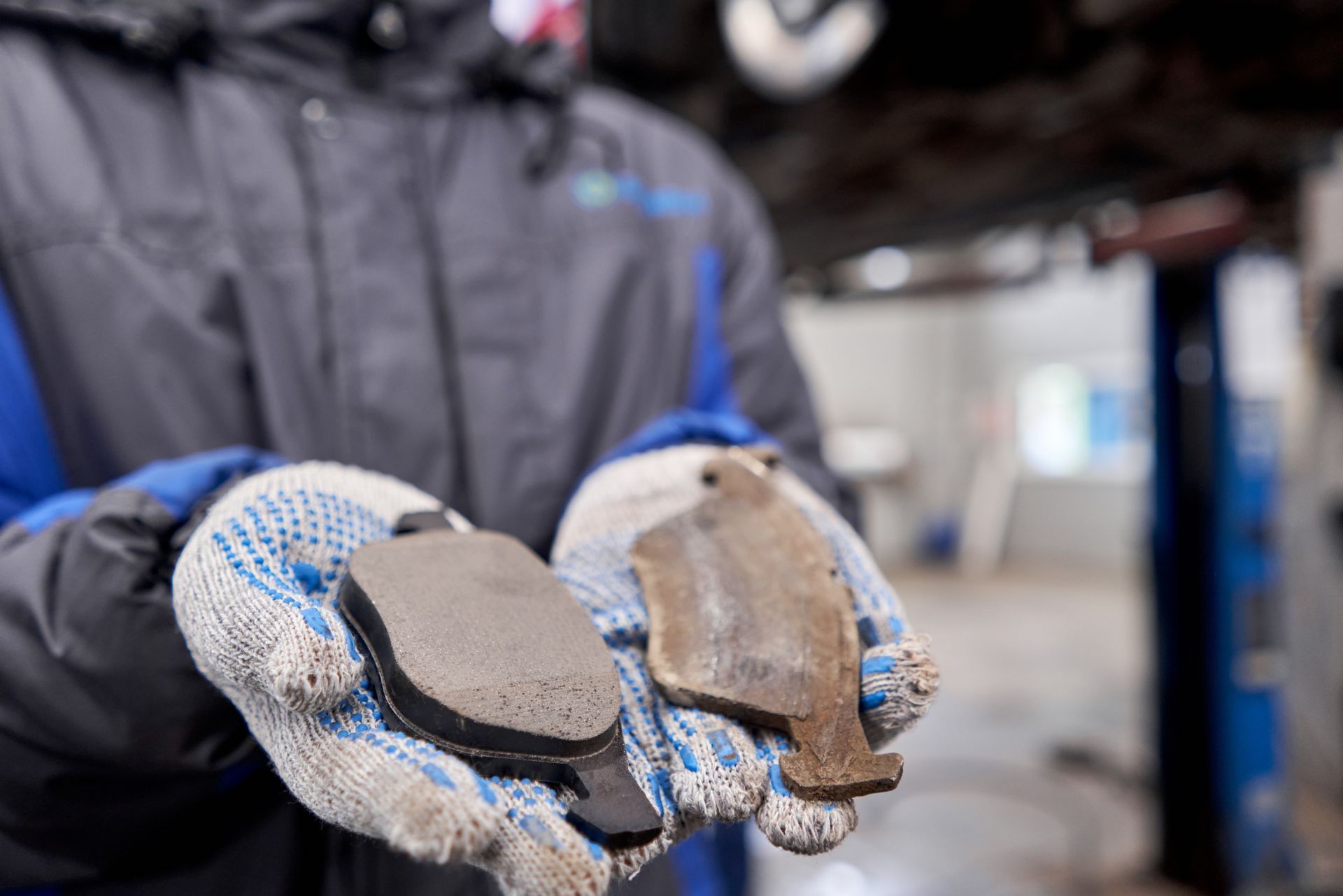When your car shudders or vibrates as you slow down, it’s a sign that something in your braking system or suspension needs attention. While it might not seem urgent at first, ignoring these warning signs can lead to more serious problems down the road.
If your steering wheel or brake pedal trembles under your foot every time you slow down, it’s time to get to the root of the issue. There are several common causes of braking vibrations, and understanding them can help you determine the type of repair or inspection your vehicle may need.
Warped Brake Rotors Are a Leading Cause
One of the most frequent reasons a car shakes during braking is warped rotors. Brake rotors are the discs that your brake pads press against to slow the car. Over time, heat from repeated hard stops can cause these rotors to warp or develop uneven surfaces.
When a warped rotor rotates, the surface is no longer perfectly smooth, which causes the brake pad to contact the rotor unevenly. This leads to pulsation or vibration that can be felt in the pedal or even through the steering wheel.
Machining the rotors to restore a smooth surface can sometimes fix the issue, but if they’ve worn too thin or are damaged beyond repair, replacement is usually the best option.
Worn Suspension Components Can Also Contribute
While brakes are often the culprit, your car’s suspension can also play a role in braking vibrations. Components like ball joints, control arms, bushings, and struts help keep your wheels firmly planted and aligned. If these parts are worn or loose, your wheels may move slightly under braking, creating an unstable or shaky feel.
An inspection of the suspension and steering systems can identify whether these parts are contributing to the issue. Keeping them in good shape also ensures even brake wear, which prevents future problems.
Tire Problems May Be Hiding in Plain Sight
Unbalanced or unevenly worn tires can also make your vehicle shake when you slow down, especially at high speeds. If your tires have flat spots, uneven tread wear, or are out of alignment, you might feel a wobble or vibration when braking.
It’s a good idea to have your tires balanced and rotated regularly. A tire inspection can determine if the issue is related to the rubber or something more mechanical, like the brakes or suspension.
Brake Pad and Caliper Issues Shouldn’t Be Overlooked
Another possible reason for shaking during braking is uneven wear on your brake pads or a sticking caliper. If one brake caliper is applying more pressure than the other side, or if a pad is significantly more worn, the imbalance can cause vibration.
Brake pads should always be replaced in pairs to avoid uneven braking. If a caliper is sticking, it may need to be cleaned, lubricated, or replaced to restore proper brake function.
Why Prompt Diagnosis Is So Important
Braking is one of the most critical safety functions of your vehicle. Even mild shaking can indicate early wear or mechanical issues that will only worsen with time. What starts as a warped rotor today could lead to complete brake failure tomorrow if ignored.
Having your vehicle inspected as soon as you notice vibrations helps prevent further damage to your brakes, suspension, or tires and ensures you can stop safely when it counts most.
Trust the Brake Experts at Elite Auto Experts in Houston, TX
If your vehicle is shaking when you slow down, don’t wait for the problem to escalate. Whether it’s a warped rotor, worn suspension part, or uneven tire wear, we can pinpoint the cause and restore smooth, confident braking.
Call
Elite Auto Experts in Houston, TX, today to schedule your brake system inspection and keep your ride safe and comfortable.
